Exploring the Power of Worldview: A Deep Dive with Martin Johnson & Scott Morrison
What shapes the way we see the world—and how does that affect how we lead, work, and connect with others?
In a powerful episode of the The People Performance Podcast, Martin Johnson CEO and Founder of T2 - The People Performance People and the author of I AM HUMAN – Pain & Pleasure sits down with Scott Morrison, Senior Consultant at T2, to explore one of the most overlooked forces behind human behaviour: our worldview.
This rich conversation builds upon one of the most thought-provoking chapters from Martin’s book I AM HUMAN – Pain & Pleasure, where he explores how upbringing, cultural influences, belief systems, and information exposure come together to form the mental lens through which we experience life. And as we know at T2- The People Performance People, self-awareness and emotional intelligence are fundamental to impactful leadership and team performance.
Discover more about your emotions - Understanding our emotions
You Replicate or You Rebel
Martin Johnson opens with a profound insight: “Parental influences are incredibly important.”
He contrasts two upbringings—one rooted in faith, the other in science—and the very different belief systems and decision-making frameworks that emerge from them. Whether we replicate what we’ve known or rebel against it, these foundational experiences influence not only how we view the world—but how we behave in leadership, in conflict, and in collaboration.
This is where leadership development starts: understanding what shaped us, so we can choose who we become. It’s a core pillar of our work at T2—bridging the gap between personal story and professional behaviour.
“Why have I replicated that life, and why have you rebelled?” Martin asks. “We don’t know the exact answer—but the influence is undeniable.”
Why Generations Vote the Same
Martin Johnson reflects on intergenerational loyalty in politics as a metaphor for cultural inheritance. Many working-class communities vote the same way for generations—not out of conscious alignment with policies, but because of what was instilled in them.
“It was ingrained in them as a child that ‘these are the devil’ and ‘this is what your family stands for.’”
This unconscious transmission of worldview reflects something we see often in organisations: legacy cultures, behaviours, and mindsets that persist simply because “it’s how we’ve always done it.”
Transforming this requires intentional organisational development, culture change, and learning interventions that encourage reflection, choice, and growth.
Misinformation, Disinformation & the Digital Divide
The episode takes a sobering turn as the conversation shifts to media, social platforms, and the modern war on truth.
Martin breaks it down:
Misinformation = accidental
Disinformation = intentional
Social algorithms = echo chambers
At T2, we teach leaders to challenge their thinking, question assumptions, and build critical thinking into decision-making. In a world where confirmation bias is turbocharged by technology, we need more than information—we need conscious, emotionally intelligent leadership.
“Imagine a world where we can no longer decipher what is true from what is not.”
Cultural Lenses & Moral Subjectivity
After a trip to Copenhagen, Martin describes the collectivist values of Scandinavian society—shared responsibility, respect for rules, and community—contrasting sharply with more individualistic cultures like the UK or US.
“This is why I believe in moral subjectivism. Culture informs how we treat others, what we value, and what we ignore.”
Understanding these cultural dynamics is vital in today’s diverse workplaces. It’s why our CPD-accredited training programmes include modules on cross-cultural leadership, inclusion, and behavioural insight. Because if you want to lead teams effectively, you must first understand the worldviews that drive them.
Final Thoughts: Worldview Isn’t Fixed. It’s Formed.
This episode is more than a conversation—it’s an invitation. To explore what shaped your worldview. To ask whether it serves you. And to choose—consciously—how you see yourself, others, and the world.
Whether you replicate, rebel, or completely redefine your perspective, your worldview is one of your most human traits. And in leadership, culture, and organisational change, understanding that lens is where transformation begins.
At T2, we help leaders and organisations shift mindset, enhance emotional intelligence, and build cultures where people and performance grow together.
🎧 Listen to the full podcast episode
📘 Read more in I AM HUMAN – Pain & Pleasure by Martin Johnson
🔍 Explore our leadership and culture programmes at T2 - The People Performance Podcast



